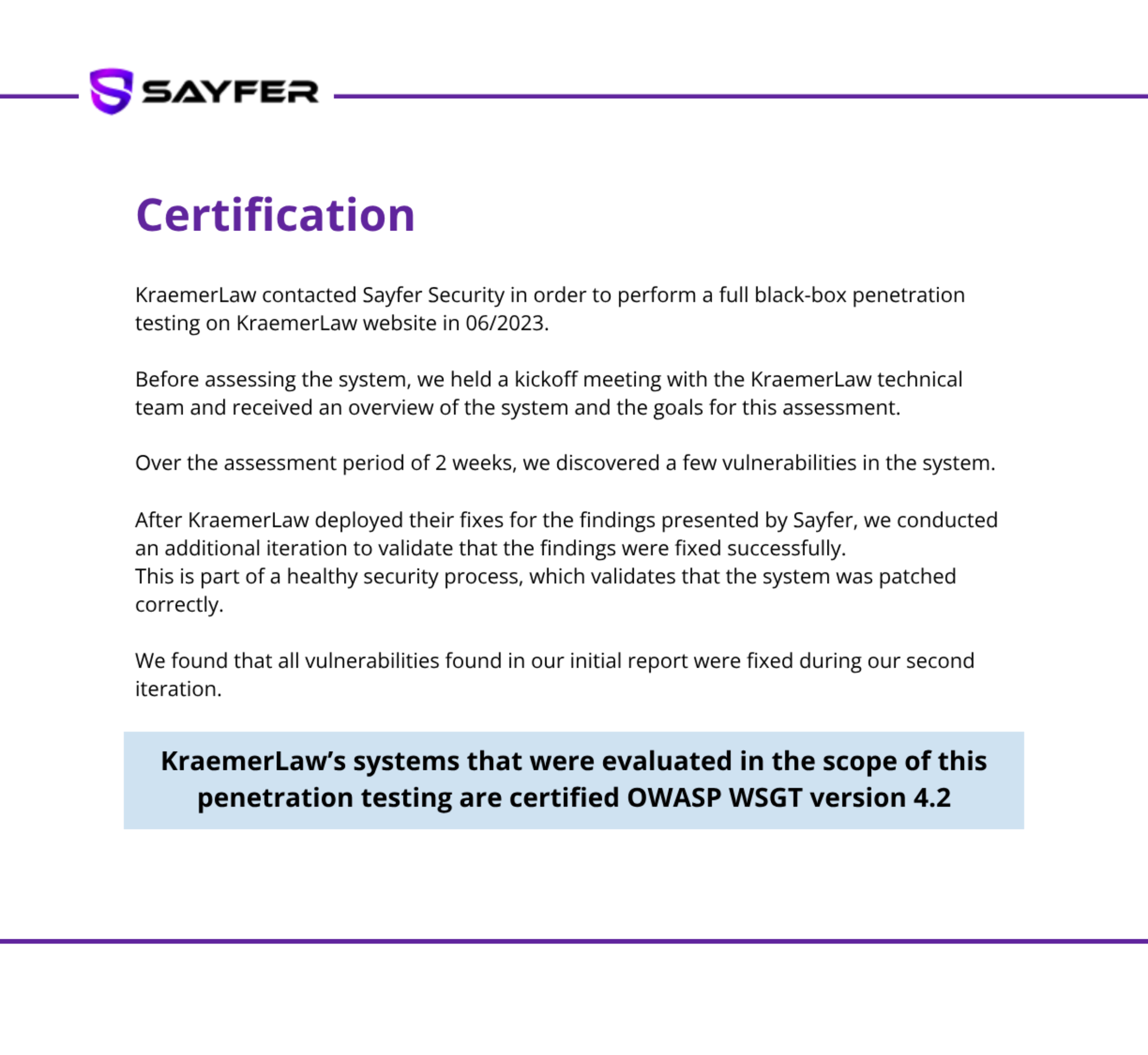Establishing and operating a business in Panama can be an excellent strategic decision due to the country’s economic and political stability, as well as its privileged geographical position. That is why in this article we break down the main corporate services that Panama businesses need.
Before beginning, let’s take a look at the overall panorama of Panama’s economy. The economic growth of the last 30 years has allowed a significant reduction in unemployment. Likewise, in 2023, the country’s economy grew by 6.5%, due to sectors such as construction, commerce, tourism and the Colon Free Zone.
As we can see, Panama’s favorable economy and its location create a propitious environment for the development of multinational and local companies. With this, whether you are considering expanding your Panama businesses or are in the initial stages of establishing your company, we will provide you with valuable information on the necessary business services, legal requirements, and processes to help you operate successfully.
Panama Corporate Law Overview
The field of corporate law in Panama is extensive and crucial for setting up businesses in the country. This legal framework is designed to encourage domestic and foreign business operations. Laws and regulations provide a favorable business environment, but compliance with all legal requirements is fundamental.
Therefore, it is necessary to understand how to structure and run your Panama businesses efficiently, taking into account business customs and the correct trademark registration, in order to protect your intangible assets and carry out your activities without problems.
Types of Companies
Understanding the different types of companies is fundamental during the business formation process. Utilizing reliable corporate services to evaluate these options will help you select the one that best fits your specific needs.


Below is a summary of the main types of companies for Panama businesses:
- Panama Corporation (S.A.): hey are regulated by Law 32 of 1927, which allows adults of any nationality to be apt for business formation in Panama. This is one of the most popular types for investors interested in protecting shareholders’ personal liability.
- Limited Liability Company (S.R.L.): This type of company is regulated by Law 4 of 2009, for the development of legal, civil or commercial activities. It is similar to a corporation but focused on small and medium-sized businesses, limiting partners’ liability to their contributions.
- Individual Limited Liability Company (E.I.R.L.): Foreign companies can establish a branch in Panama to operate directly, offering their business services. However, they must comply with local regulations and register the branch with the Panama Public Registry.
- Branch of a Foreign Company: Foreign companies can establish a branch in Panama to operate directly, offering their business services. However, they must comply with local regulations and register the branch with the Panama Public Registry.

Establishing your Business in Panama: Corporate Services
Now that we understand the types of companies that can be established, it’s important to note that setting up Panama businesses involves complying with specific legal and operational processes. To avoid any setbacks, hiring corporate services that verify all regulatory requirements are met from the beginning can help establish your business successfully.
Trademark Registration Process for Your Brand
Trademark registration is important for Panama businesses to provide intellectual property protection, legal recognition and prevent commercial conflicts with other entities.
For multinational companies, completing trademark registration in each country where a new branch is opened is necessary. This action protects intellectual property rights and guarantees exclusive use in the local market.
Requirements and Process for Business Registration
The company registration process requires fulfilling several legal requirements and presenting an application to the General Directorate of the Industrial Property Registry (DIGERPI). These include:
- Providing the applicant’s name, address, and nationality, and for legal entities, the place of incorporation and company registration details.
- The name and address of the legal representative for Panama businesses.
- Foreign applicants must establish a domicile in Panama to receive notifications.
- A legal document detailing the structure, purpose and operations of the company.
- The trademark must be described by its denomination and/or design as it will be used in the market.
- Products or business services must be detailed according to the Nice Agreement, indicating the corresponding classes.
- A right of priority can be claimed under international agreements ratified by Panama.
Why You Need a Business License
To operate legally, Panama businesses must have a business license, or Aviso de Operaciones, which authorizes the company to carry out its activities and guarantees adherence to local laws and regulations. Without this document, a company cannot conduct commercial transactions or be officially recognized.
Additionally, without a trademark registration, the company is exposed to improper use by third parties. Note that this requirement does not apply to agricultural activities, crafts, non-profit activities, and individual liberal professions.
When looking into business licenses, be aware of the following:
- Operating Notice: All Panama Businesses must obtain an Operating Notice, formerly known as a business license, indispensable for any economic activity and is obtained from the Panama Emprende website.
- Unique Taxpayer Registry (RUC): It is mandatory to have a RUC for tax procedures and billing, which is obligatory electronically since 2021.
- Additional Permits: Depending on the business activity, additional permits may be needed, such as sanitary licenses for food businesses or environmental permits for activities impacting the environment.
- Inspections and Fines: Panamanian authorities conduct regular inspections and close Panama businesses operating without the business license and necessary permits. Fines and sanctions are common for non-compliance.
Corporate Bank Accounts
As of 2024, Panama has 53 registered banks offering a wide variety of services. This gives entrepreneurs and investors more financial solutions and options when opening a corporate bank account for their Panama businesses. In this way, they can manage finances efficiently, conduct business transactions easily and make sure that companies in the country follow local and international regulations.
The time required to open this type of bank account depends on the bank chosen, the type of business and the status of residence of the members of the board of directors. In general, this process can take between 4 and 8 weeks.


The requirements to open a corporate bank account in Panama vary by bank but typically include extensive documentation proving the personal, commercial, and financial reputation of the signatories and ultimate beneficiaries. Additionally, all board members must sign the account opening documents if applicable.
Drafting and Negotiation of Agreements
For Panama businesses, protecting the interests of all parties involved, guaranteeing the correct functioning of commercial operations and minimizing the risk of legal disputes requires a well-drafted contract. In order not to incur in any failure, the legislations that regulate contracts in Panama, such as the Civil Code, the arbitration law, among others, must be taken into account.
Likewise, having clarity on the important elements during the drafting process is essential:
- Terms and Definitions: This assures that all parties unequivocally understand the contractual terms and conditions. A contract should contain specific definitions of the parties, services or products offered, timing and responsibilities.
- Obligations and Rights: A contract should describe in detail the obligations and rights of each party, so that the parties have clear expectations and the possibility of misunderstandings that could lead to disputes can be reduced.
- Dispute Resolution Clauses: Contracts usually include clauses specifying dispute resolution mechanisms, whether through mediation, arbitration or litigation.
- Legal Review: Before signing any contract in Panama, it is fundamental that all parties submit it to a thorough legal review. Having a lawyer specialized in Panamanian commercial and contract law can assure that the contract follows local laws and adequately protects interests.
Business Compliance
Compliance with local regulations and norms is necessary for Panama businesses to operate legally and avoid sanctions. This requires a thorough understanding of fiscal obligations and the required legal procedures, which we will explain below.
Corporate Taxation in Panama
The tax structure in Panama is designed to maintain a competitive and regulated environment for businesses.
- Income Tax: Panama businesses are subject to a 25% income tax on their net income.
- Companies that generate more than USD 1.5 million in gross taxable income during the tax year must apply the Alternative Income Tax Calculation (Cálculo Alternativo del Impuesto sobre la Renta CAIR), a rate of 4.67% on net taxable income.
- Transfer Tax on Movable Goods and Services (ITBMS): This is the equivalent of VAT, with a rate of 7%, one of the lowest in the region.
- Exemptions and Treaties: Panama has several double taxation treaties and offers tax exemptions for companies operating in free zones or under special regimes.
This tax structure promotes fair contributions from Panama businesses to the country’s development, while offering targeted incentives to attract investments and foster economic growth.

Authenticating and Apostilling of Documents
For Panama businesses interested in expanding or establishing international commercial relationships, it’s important that documents issued in Panama are legally recognized in other countries. Document authentication and apostille are necessary processes to guarantee this validity. These procedures allow documents to be accepted in countries that are part of the Hague Convention, guaranteeing their legal recognition and validity abroad.
What are Mergers and Acquisitions?
Mergers and acquisitions in Panama are business practices that reinforce their position in the local industry by growing, diversifying their business or increasing their presence in the market through the purchase or union with other organizations.
The Panamanian regulatory framework, supervised by entities such as the Superintendency of Banks (SBP) and the Superintendency of the Securities Market, regulates these transactions, and establishes the need for the boards of directors of the companies involved to act with diligence and transparency during these processes.
Likewise, the SBP distinguishes two types of Panama businesses mergers: by absorption and by creation. The first occurs when one company incorporates the patrimony and obligations of another, appropriating all its rights and partners. In the second, a merger dissolves the associated corporations to form a new company that assumes all the rights and obligations of the previous ones.
These transactions, specifically mergers and acquisitions, strengthen the company’s position in both local and international markets, and are categorized as follows:
- Horizontal Mergers: Involving the union of two rival companies in the same sector to consolidate market position and reduce competition.
- Vertical Mergers: Occur when two companies at different stages of the supply chain unite, allowing the company to improve operational efficiency and reduce costs.
- Acquisitions: Refers to one company buying another, which can be a strategy to access new markets, technologies, or resources that complement the existing business.
These strategies can help Panama businesses expand and consolidate its presence both locally and internationally.
Panama Businesses Checklist
Here’s a checklist to confirm your Panama businesses meet all basic requirements:
✓ Obtain a business license in Panama.
✓ Register your company’s trademark.
✓ Open a corporate bank account.
✓ Draft and negotiate business contracts.
✓ Comply with corporate taxes.
✓ Have documents apostilled and authenticated.
These basic requirements are general, so it’s advisable to want advice from specialized lawyers.
Get Legal Advice for Your Panama Business
At Kraemer & Kraemer, we are committed to the success of your Panama businesses. We guide you every step of the way to establish and maintain a solid and compliant business in Panama.
Contact us or write to us at info@kraemerlaw.com, and our team will get in touch to understand your needs and provide the necessary support.






